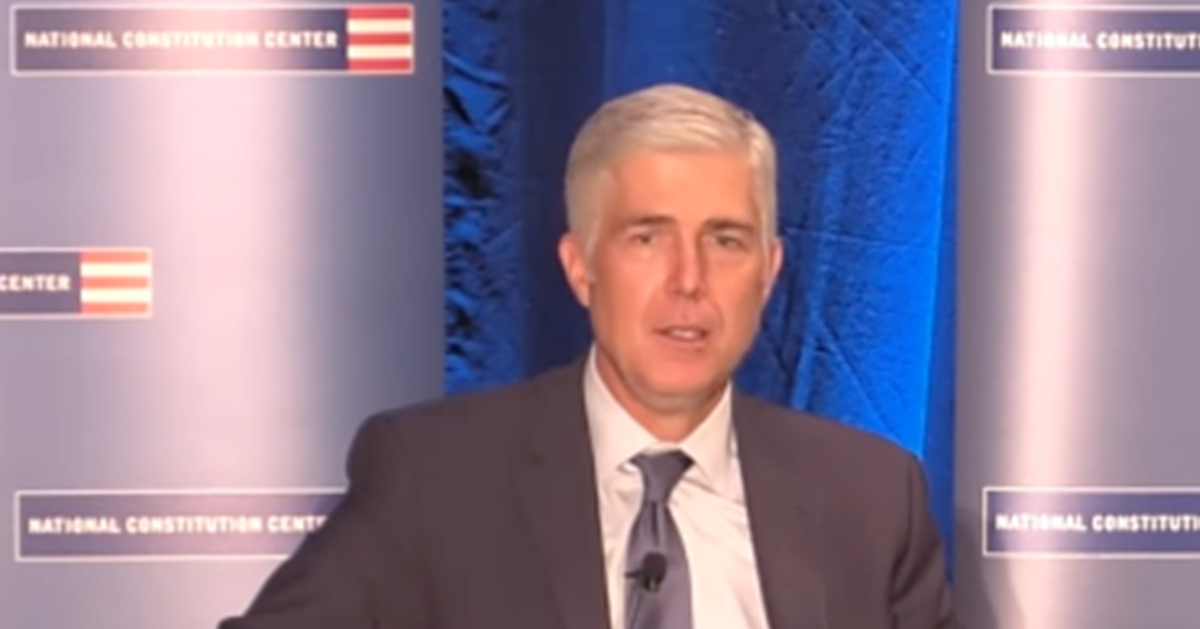Trial of Ryan Routh in Trump Assassination Plot Case Postponed
The trial for Ryan Routh, who is accused of plotting to assassinate President-elect Donald Trump, has been postponed, drawing increased public and legal scrutiny.
Routh's trial was initially scheduled for Feb. 10, 2025, but has been rescheduled to Sept. 8, 2025, after federal defense attorneys failed to adequately respond to the prosecution's evidence requests, as the Daily Wire reports.
Legal proceedings have been delayed by Judge Aileen Cannon, who noted that Routh's defense team had not sufficiently responded to requests for evidence.
This postponement marks a significant moment in the case against 58-year-old Routh, who faces a slew of federal and state charges. Among these, he is charged with the attempted assassination of Trump, which has garnered widespread attention.
Delay Raises Concerns Over Legal Proceedings
Routh is accused of lying in wait near Trump's golf course on Sept. 15 with the intent to assassinate him. Law enforcement reports indicate he was discovered after a Secret Service agent spotted a rifle barrel emerging from bushes, prompting an agent to fire at him. Routh subsequently fled, an incident forming a key part of the federal charges against him.
The legal complications for Routh extend beyond federal charges. At the state level, he faces allegations related to an attempted murder charge after a car accident during his escape.
This car crash, occurring on Interstate 95, resulted in a six-year-old girl being severely injured, adding gravity to the already severe accusations.
Ongoing Mental Health Evaluations Impact Case
The defense team is considering an insanity plea, as mental health evaluations continue. The deadline for announcing this potential defense is set for Feb. 3, 2025. The defense's focus on Routh's mental health evaluations indicates a crucial aspect of their strategy, which may play a pivotal role in court proceedings.
Meanwhile, Florida Attorney General Ashley Moody and Gov. Ron DeSantis have voiced concerns. They claim federal actions are hindering the state's inquiry into Routh's alleged attempt on Trump's life.
Moody has publicly expressed frustration with what she perceives as federal obstruction, underscoring the tensions between state and federal authorities over the investigation's progress.
Legal Repercussions of I-95 Accident
The incident on Interstate 95 intensifies the complexity of Routh's legal troubles. Moody emphasized the severe consequences of Routh's actions, stating that he caused "catastrophic injuries to a six-year-old girl" through his behavior. Her statements underscore the human element and broad legal implications of this tragedy, which remains a focal point of Florida's caseload against Routh.
Although the federal trial proceedings have been postponed, Florida's legal team is determined to seek justice for both the assassination attempt and the car crash victims. Moody reiterated her commitment, asserting efforts will continue to ensure that Routh is held accountable for all related criminal behavior.
Federal and State Investigations Continue
Amid the legal uncertainties, Judge Cannon has cited the defense's insufficient engagement with federal prosecutors as a primary reason for the trial's delay. This raises questions about Routh's defense strategy and its future course. The extended timeline allows for more comprehensive evaluation and preparation on both sides, but it also prolongs a high-profile case that has captivated both the state and nation.
Routh's trial delay also underscores the broader implications for how such high-stakes legal endeavors are navigated. The prosecutorial push for evidence disclosure and the defense's focus on mental health heighten the case's complexity, reflecting the multifaceted nature of legal defense in attempted assassination charges.
Intense Focus on Evidence Disclosure
The court's decision to postpone highlights the legal challenges facing both the prosecution and the defense in managing a high-profile and complex case. As Routh's lawyers continue their preparations and contemplate an insanity defense, the broader legal community watches closely. The case promises to test legal strategies and frameworks related to presidential security and accountability for violent crimes.
Meanwhile, as public interest in the trial remains heightened, it is clear that the outcome will hold significant implications not only for Routh and those involved but also for future legal precedents in similar situations. With serious charges including attempted assassination on the table, this case represents a crucial moment in U.S. legal history.
Judicial System Faces High-Profile Test
The intersection of federal and state legal processes, compounded by the details of the car crash, ensure that this case will remain under the judicial spotlight. The stakes are high, the challenges are significant, and both prosecutors and defense attorneys will be closely scrutinized as the rescheduled trial date approaches.
Routh's mental health evaluations and potential insanity defenses will undoubtedly play important roles in both public perception and legal outcomes as the judicial system grapples with the complexities of this significant and precarious case.



